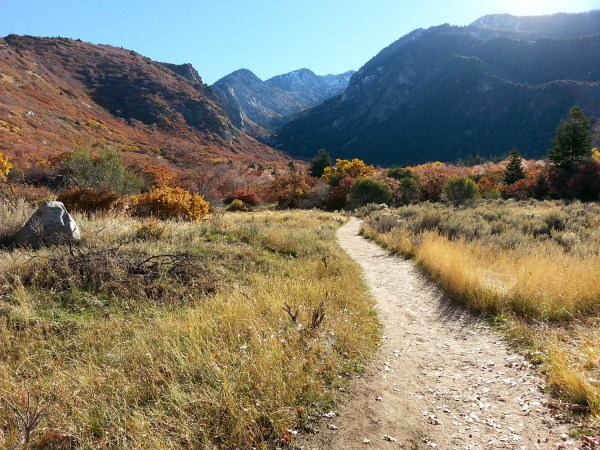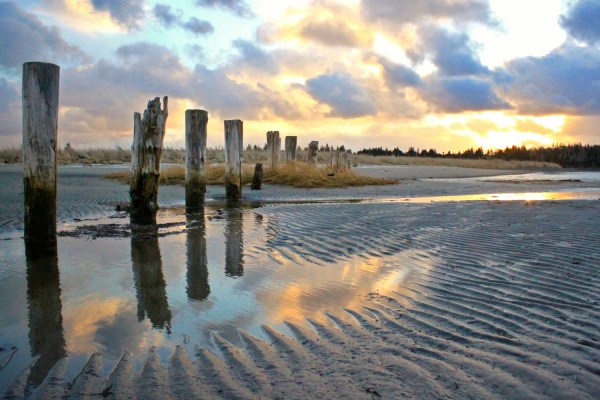I’m not really a hiker. I don’t hike for the love of burning quads, burning lungs, or a sweaty back hugged up against a daypack.
If anything, I’m a seer. Not in the prophetic sense; I’m talking about an addiction to visual stimulus. I get hung up on details in the most ridiculously minute way. If it were possible, I would inhale entire landscapes just so I could absorb everything they hold.
But, like most addictions, mine comes with a problem: I don’t like seeing the same trail twice. And if it’s a popular trail, one that’s been documented endlessly with images online, I don’t want to be on it—at least not in prime hiking season.
But unlike most addictions, this one has a benefit.
Searching for new sights keeps my mind open. It helps me realize that adventure and scenic beauty aren’t limited to one kind of environment (for example, skin tracks for backcountry skiing in the easily accessible Colorado’s Rocky Mountain) but are widespread. Here are a few ways to explore areas people might not readily consider:
- Riding singletrack in northern Florida
- Discovering the historic mountain culture of the Appalachians
- Absorbing the contrasting colors of land and sky in the prairies
- Backcountry skiing near the Atlantic Ocean
No, they aren’t “the classics.” But trails through these less-popular areas provide me a space to move through varied ecosystems, cultures and landscape. They offer connections between people and the subtleties—or grandeur—that make each region unique; that’s helped me see the appreciation people have for their corner of the continent.

But truly “seeing” a place is nothing without fuel from the other senses.
Have you, for example, ever noticed how the sun bakes the morning dew off Florida’s fallen pine needles, filling the air with a warm Christmas scent? And how, in the rainy season, clockwork thunderstorms empty over the southland’s hardwood hammocks, creating muddy patches where wild boars stomp their grounds?
Or have you heard the insects clap in flight as you disrupt their place on Kansas’ tallgrass prairie? Their sounds are amplified in the afternoon clouds that thunder across the skyline. After summer’s storms finish feeding the grasslands, autumn’s winds brush against the stalks, moving them in formation like golden waves.

And what about the Canadian Atlantic Maritimes, where the Appalachian Mountains submerge below icy waters, shoring a legacy of explorers who tread a land once considered wild? If you look in its quiet folds, in the regions surrounding the whitewashed fishing villages, you’ll find the mountains of the Maritimes still hold a salty breath of mystery. Or hike into Canada on the Appalachian Trail’s International section, and you’ll pass through the system’s most remote and rugged region—the Chic-Chocs—showing that the Appalachians do hold a candle to the rugged peaks of the west.
Because of my unquenchable addiction, I’ve held open the doors of perception and allowed North America to show me what she holds, no judgments. And she’s shown me, as I’ve traversed her trails over many regions, that she’s exquisite.
Gina’s original story: “The Trail Less Traveled.”
